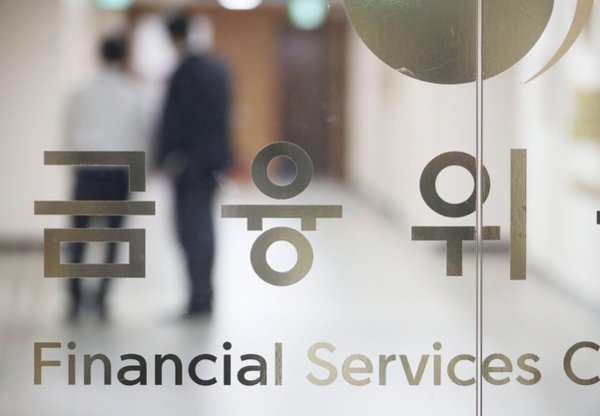FSC, BOK feud over e-payment settlement supervisory power
By Bae HyunjungPublished : Nov. 18, 2020 - 15:57

The financial regulator’s latest move to introduce regulations on the payment settlement system is facing a backlash from the industry, and especially the central bank.
The trigger was the revision bill of the Electronic Financial Transactions Act, drafted by the Financial Services Commission and submitted to Rep. Youn Kwan-suk of the ruling Democratic Party of Korea, who chairs the parliamentary National Policy Committee.
The bill includes e-payment business deregulations for big tech and fintech players and also allows the FSC an expanded range of authority for inspecting market operators in payment settlements.
Payment settlement is the process through which a merchant receives money paid by their end-users for a particular product or service.
“(The corresponding revision bill) is more like a draft suggestion, rather than a final bill, and we have delivered such intent (to Rep. Youn),” an official of the FSC said.
Despite the regulator’s defensive remark, the bill is largely expected to be proposed at the National Assembly for review as early as within the week.
When announcing its digital finance innovation road map in July, the FSC had said that it would shape up a revision bill on e-payments by the end of the third quarter.
The FSC’s planned law revision has triggered complaints from conventional financial companies such as banks and credit card operators, and especially from the Bank of Korea.
It is the central bank’s argument that the FSC’s move will infringe upon the authority and function of the BOK’s Monetary Policy Board.
“The operation of payment settlement systems is a unique function of the central bank,” said an official of the BOK, pointing out to a clause that allows the FSC the inspection authority over e-payment clearing processes.
The clause not only infringes upon the BOK’s authority but would create redundant regulations, according to the BOK.
Major economies such as the United States, European Union and Switzerland currently assign the related supervising and operating authority to their respective central banks.
“We shall hold further discussions with the BOK in the upcoming legislation processes,” said Lee Hyoung-joo, director general of the FSC’s financial innovation bureau.
By Bae Hyun-jung (tellme@heraldcorp.com)












![[From the Scene] Monks, Buddhists hail return of remains of Buddhas](http://res.heraldm.com/phpwas/restmb_idxmake.php?idx=644&simg=/content/image/2024/04/19/20240419050617_0.jpg&u=20240419175937)


![[From the Scene] Monks, Buddhists hail return of remains of Buddhas](http://res.heraldm.com/phpwas/restmb_idxmake.php?idx=652&simg=/content/image/2024/04/19/20240419050617_0.jpg&u=20240419175937)

![[KH Explains] Hyundai's full hybrid edge to pay off amid slow transition to pure EVs](http://res.heraldm.com/phpwas/restmb_idxmake.php?idx=652&simg=/content/image/2024/04/18/20240418050645_0.jpg&u=20240419100350)

![[Today’s K-pop] Illit drops debut single remix](http://res.heraldm.com/phpwas/restmb_idxmake.php?idx=642&simg=/content/image/2024/04/19/20240419050612_0.jpg&u=)